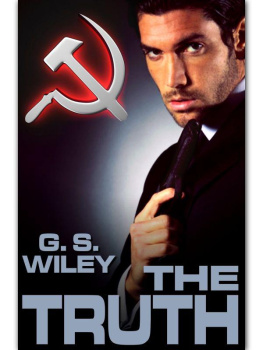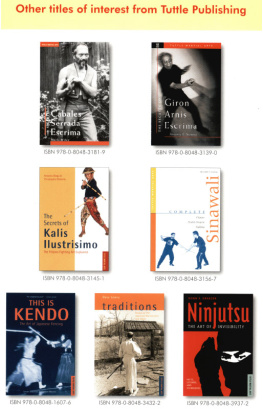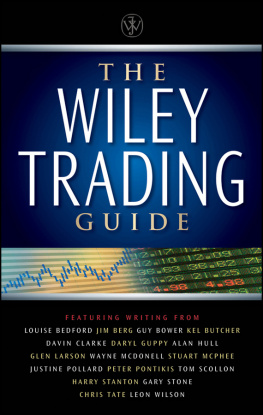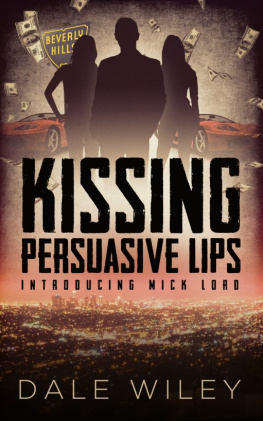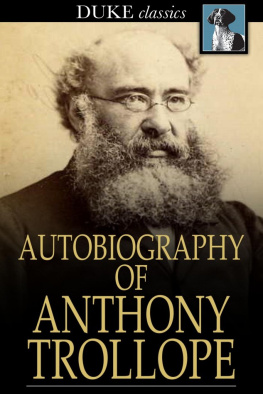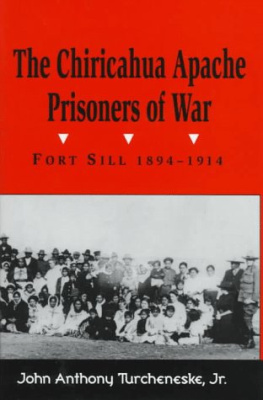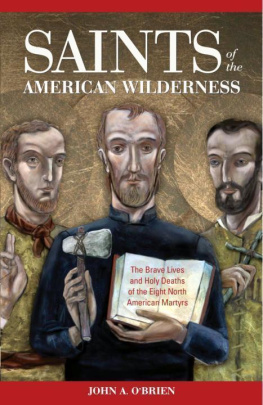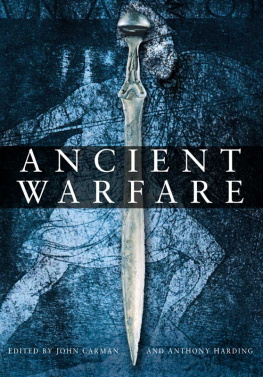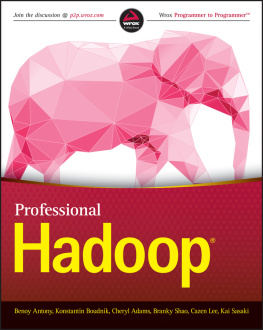THE TRUTH
by
G. S. WILEY
Amber Quill Press, LLC
http://www.amberquill.com
The Truth
An Amber Quill Press Book
This book is a work of fiction. All names, characters, locations, and incidents are products of the author's imagination, or have been used fictitiously.
Any resemblance to actual persons living or dead, locales, or events is entirely coincidental.
Amber Quill Press, LLC
http://www.AmberQuill.com
http://www.AmberHeat.com
http://www.AmberAllure.com
All rights reserved.
No portion of this book may be transmitted or reproduced in any form, or by any means, without permission in writing from the publisher, with the exception of brief excerpts used for the purposes of review.
Copyright 2013 by G. S. Wiley
ISBN 978-1-61124-483-0
Cover Art 2013 Trace Edward Zaber
Published in the United States of America
The Truth
"Of course, now the biggest decision we have to make is whether to tile the roof this year or wait until next." The woman in front of me--Nicky or Vicky or something like that--swirled her Chardonnay in her glass, tapping one be-ringed finger against the stem. "Paul wants to wait, but I don't see the point, frankly. After all, it's not like the price of anything ever went down." She laughed, a tinkly sound that matched the sound of her ring against the glass. Gradually, the laughter faded into silence and, after a moment, I realized she was waiting for me to make some witty reply.
"No," was my best effort. Not bad, considering I hadn't been listening to half of what she'd said.
The woman smiled and took a sip of her drink. Her wide red mouth left a lipstick mark on the wineglass. She half turned, just as a balding man in a Members' Only jacket appeared around the side of the shed. "Paul! Come over here. There's someone I'd like to introduce you to."
My stomach sank, but I plastered on a smile. Paul came to his wife's side and gave my hand a suitably manly shake.
"Paul, this is Sarah's Uncle John. We've heard so much about him, haven't we?" She turned back to me. "We've heard so much about you."
"Yes, yes. So much about you," Paul repeated. His accent was Estuary English, tinged with a slurry hint of drunkenness.
"So much about you," Nicky or Vicky--or perhaps it was Ricky--assured me. "Now, John, you'll forgive me, but I must ask." She leaned forward confidentially.
That level of secrecy wasn't necessary. It was a large party. Sarah's guests were scattered all over, but this one had cornered me at the bottom of the garden, near the fishpond, where there was no one to overhear us except for a few bored-looking carp hovering beneath the rocks.
"Sarah talks incessantly about you, but she never mentions an auntie." She left the question unspoken.
I could have played dumb, but I didn't bother. It was quicker and less painful this way. "I'm divorced," I lied. It was a reasonable answer, almost an expected one, and no one had ever questioned it. They almost always made some sympathetic face and some sympathetic noise, and that was exactly what Nicky did.
"Oh. How unfortunate. It's so difficult at our age, isn't it, Paul?"
Paul's eyes, which had been wandering either to the buffet table or to the gaggle of Sarah's young female friends near it, snapped obediently back to his wife.
"Quite," he agreed.
"We have a friend--Carole Timmins, Paul--who's absolutely stunning, a real knockout. Her husband left her for a dentist's assistant three years ago, and she hasn't been able to get a date since. It's such a shame, isn't it, Paul?"
"Yes, a shame." Paul's face was grave, as if we were discussing the state of affairs in the Middle East. His eyes slid back in the direction of the table, and Nicky--I was almost positive it was Nicky now--shook her head ruefully.
"Darling Carole. She really is a delightful person, so well read."
I could take a hint. That didn't mean I had to run with it. Just as I was about to change the subject to something equally boring but less dicey--back to the issue of Nicky's tiled roof perhaps--my salvation came tramping over the grass in a pink party dress and frilled ankle socks.
"Uncle John!" Sophie called out, her high-pitched child's voice cutting like a knife through the adult babble around her. "Uncle John, there's something the matter with the telly!"
I shrugged at Nicky, hoped she would interpret the gesture as a sign I would have loved to keep talking to her, and went over to Sophie. Her mother was my surrogate daughter. I loved Sophie and her little brother Alexander like they were my own grandchildren, but even I could admit I'd never been quite so happy to see her.
"What's going on?"
"Come look." Sophie took my hand and dragged me into the house.
The television was in the lounge, a monstrous black box sitting atop a varnished wooden stand. Normally, the room was overrun with toys, but it had been cleaned up for the party. Alexander sat on the bare couch, his fist in his mouth and a wooden Thomas the Tank Engine train clasped in his other hand.
"Look." Sophie pointed accusingly at the screen. "It's meant to be Blue Peter at this time of day. I know it. I can tell time. Alexander can't, but I can."
I couldn't argue with her on either count. She could tell time, and the television was not showing Blue Peter. Instead, a tank rolled down a city street.
"We're meant to be making paper drums today. I don't know how you can make a drum out of paper, but they said they'd tell us. I hope it's not a quiet drum. It's not really a drum unless you can bang it really, really loudly, isn't that right, Uncle John?"
I didn't answer. The image of the tank changed to a newsreader with a dour look on his face and a stack of paper in his hands.
"Soviet army tanks," the newsreader said, "moved onto the Moscow streets early this morning to put into place this new state of emergency. Soviet television and radio have announced news of the takeover, which condemns Mikhail Gorbachev's policies." The scene cut again, this time to images of Russians, mostly young men, marching with linked arms down a cobblestone road.
That was when I saw him. In the corner, on the very edge of the camera's line of sight. Tony was there, for a fraction of a second, and he was gone, replaced again by the newsreader talking grimly about a coup and a crackdown.
My glass fell from my hand. Cushioned by the thick carpet, it didn't break, but what was left of the wine dribbled onto the floor.
"Oh." Sophie shook her head censoriously. "Mummy won't like that. You should get a towel to mop it up."
I was ill and elated at the same time, in the middle of both a dream and nightmare. My face and hands felt numb, as if I'd been standing too long out in the cold, and my mind clattered like the old telegraph machines on a particularly busy day.
This would be the busiest. They would be there now, all my former colleagues at MI6, called in to work on the biggest day any of them had ever witnessed. The day of a lifetime. The day many of us--most of us--thought would never come. I would have loved to be there.
"Uncle John?" Sophie looked at me, her hands on her hips.
" Blue Peter won't be on today."
Frown lines creased her little forehead. "That's not fair. We were supposed to build a paper drum."
"I need to use the telephone. Stay here. Make sure Alexander doesn't touch the glass." She collapsed in a dramatic heap on the sofa, next to her brother. I left them there and went into the kitchen. There, looking out the window at the garden party outside, at a crowd of people who had no idea what had happened and no clue how their lives were about to change, I picked up the phone.

